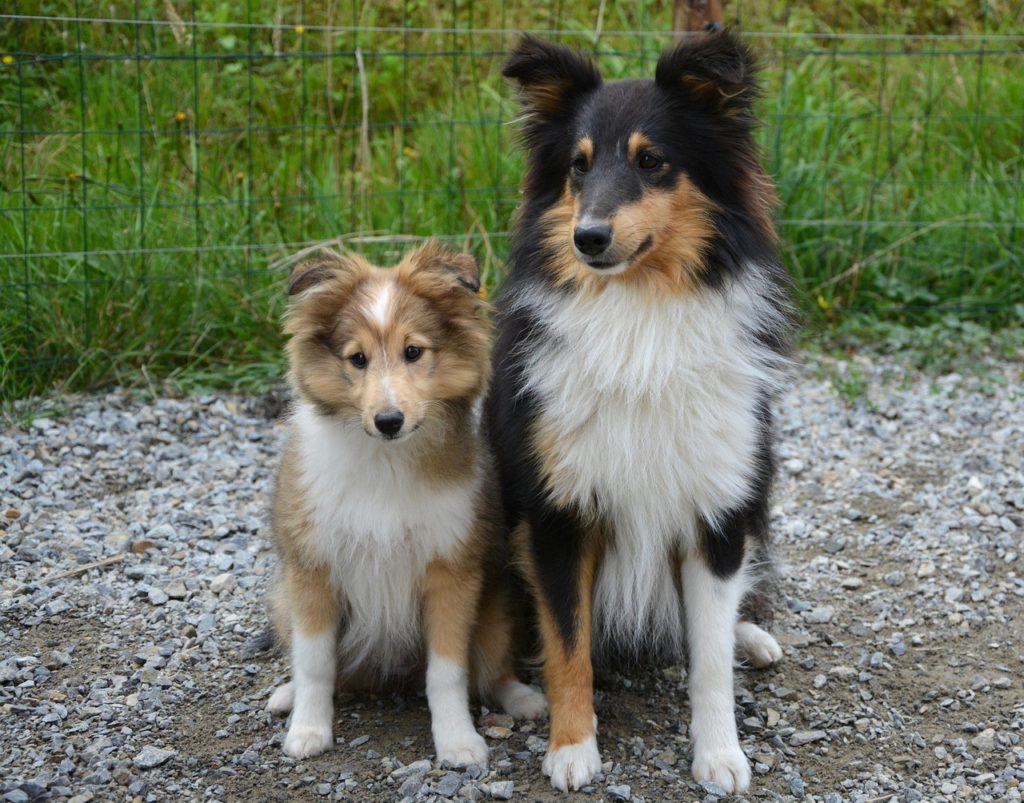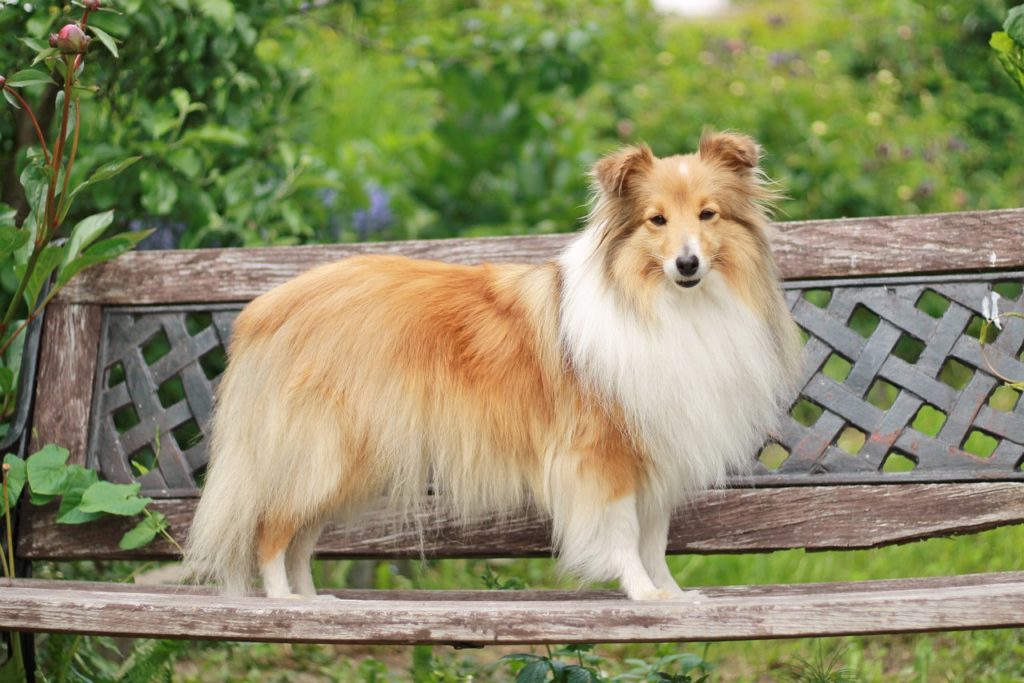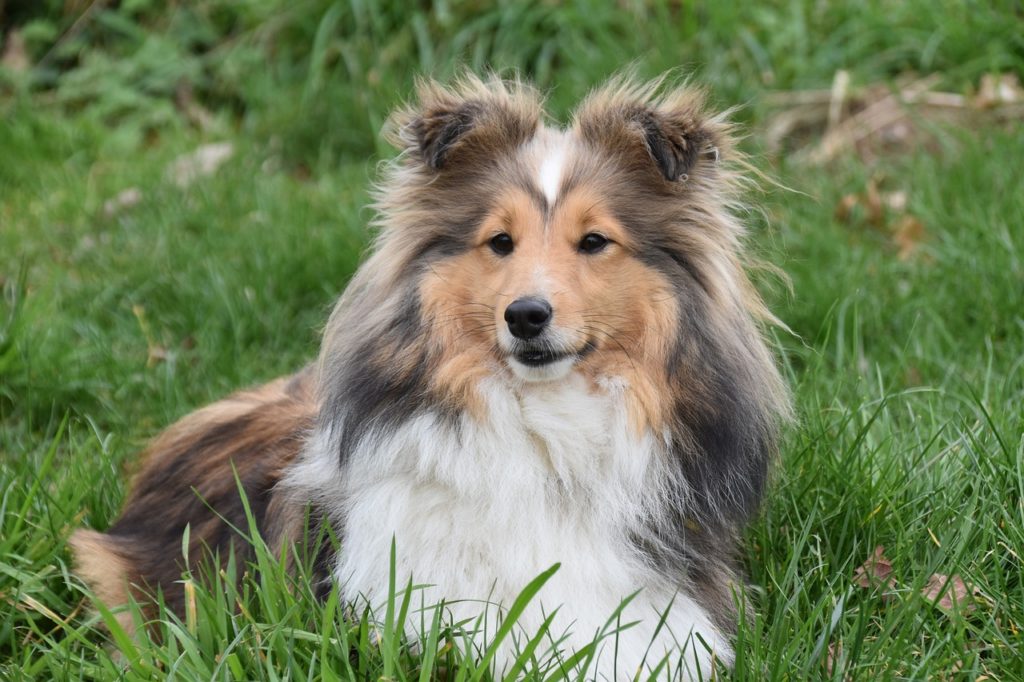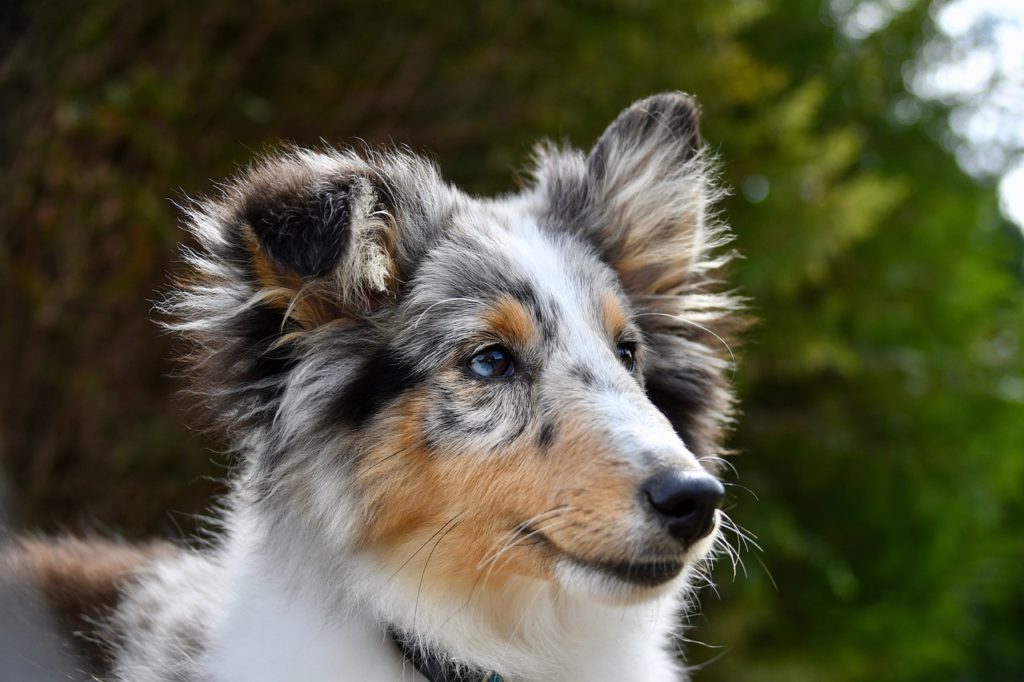Introduction
The Shetland Sheepdog, or Sheltie for short, are a beloved breed of herding dogs that people adore as both working dogs and family pets! These dogs have a reputation for being intelligent, loyal, and affectionate, as well as their distinctive long, fluffy coat. In this post, we’ll explore the history, physical characteristics, temperament, health, and dietary requirements of Shetland Sheepdogs, and discover why they’re such a popular breed!
History
The Shetland Sheepdog originated in the Shetland Islands, a group of islands off the coast of Scotland. Farmers originally bred them as herding dogs to assist in driving and guarding sheep. Over time, breeders refined the breed to produce dogs that were not only effective herders but also loyal and affectionate family pets. Today, Shetland Sheepdogs are popular all over the world and are cherished for their intelligence, loyalty, and friendly nature!
Physical Characteristics
Shetland Sheepdogs are small to medium-sized dogs that usually weigh between 15-25 pounds. They have a distinctive long, fluffy coat that comes in a variety of colors, including sable, tricolor, and blue merle! Their coat requires regular grooming to prevent matting and keep it looking healthy and shiny. Shelties have a pointed, fox-like face and erect ears that add to their alert and intelligent expression.
Temperament
Shetland Sheepdogs are known for their intelligence, loyalty, and friendly personalities. They are highly trainable dogs that excel in obedience and agility competitions. They are also great with children and other pets and are eager to please their owners! However, they can be reserved with strangers, so early socialization is important. Shelties are also known for their tendency to bark, so proper training and exercise can help reduce excessive barking.
Health
Like all breeds, Shetland Sheepdogs are prone to certain health conditions. One of the most common health issues in Shelties is hip dysplasia, which occurs when the hip joint doesn’t develop properly and can lead to arthritis and mobility issues. Other health concerns include progressive retinal atrophy, a genetic eye disorder that can cause blindness, and von Willebrand disease, a bleeding disorder. To minimize the risk of these conditions, it’s important to choose a reputable breeder that performs health checks on their breeding dogs.
Food
Shetland Sheepdogs require a balanced diet that provides them with the energy and nutrients they need to maintain their active lifestyle. High-quality commercial dog food is a good option, but it’s important to read the label and choose a food that is appropriate for the dog’s age, weight, and activity level. Treats should be given in moderation to avoid overfeeding and potential weight gain. It’s also important to provide fresh water at all times.
Conclusion
Shetland Sheepdogs are a beloved breed of herding dogs that make excellent family pets! Their intelligence, loyalty, and friendly personalities make them great companions, while their herding instincts and trainability make them a great fit for people who enjoy dog sports and competitions. Although they are prone to certain health issues, with proper care and attention, they can live long and healthy lives. If you’re looking for a loyal, intelligent, and affectionate companion, a Shetland Sheepdog might be the perfect choice for you! See you in the next one 😀
Image Gallery







